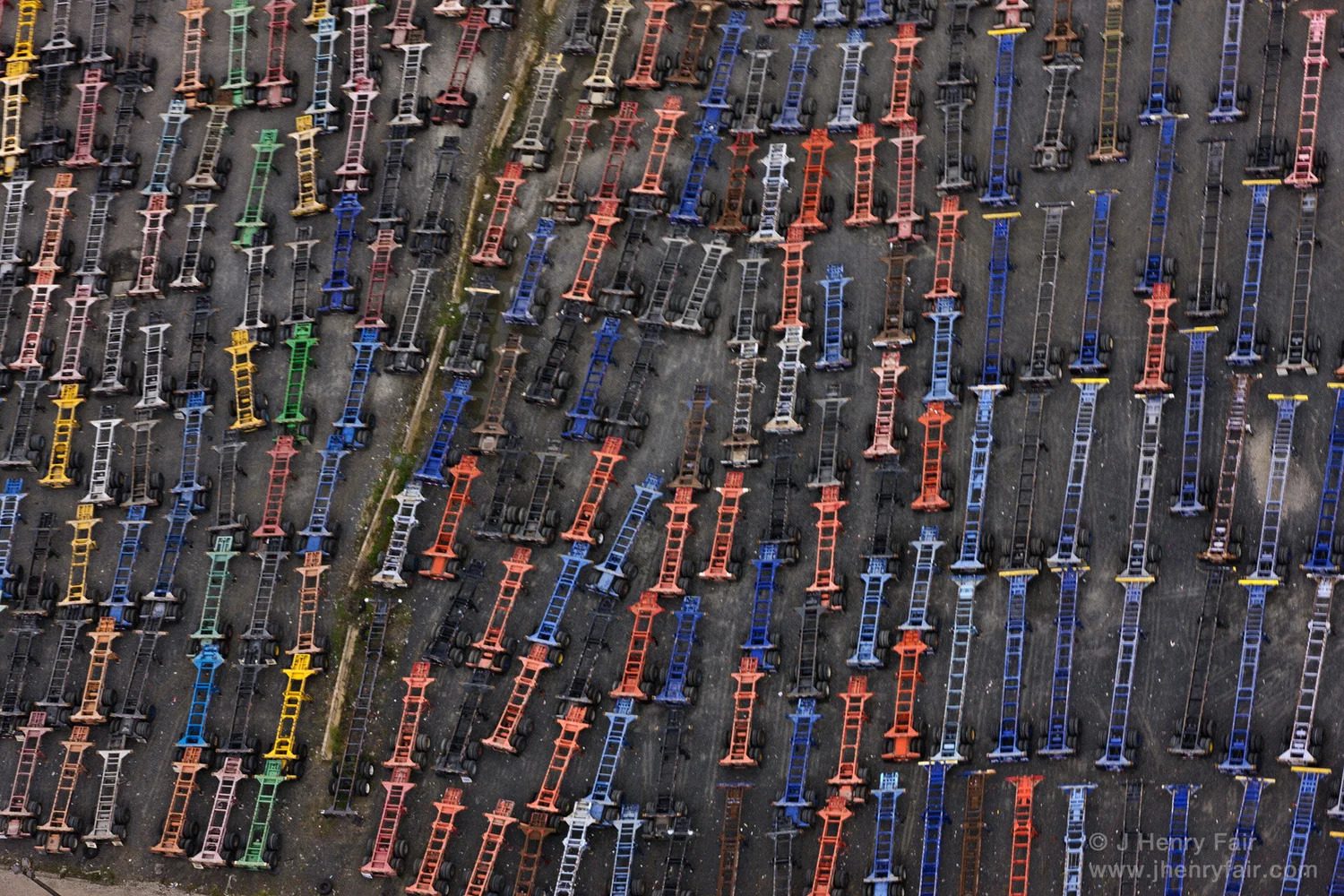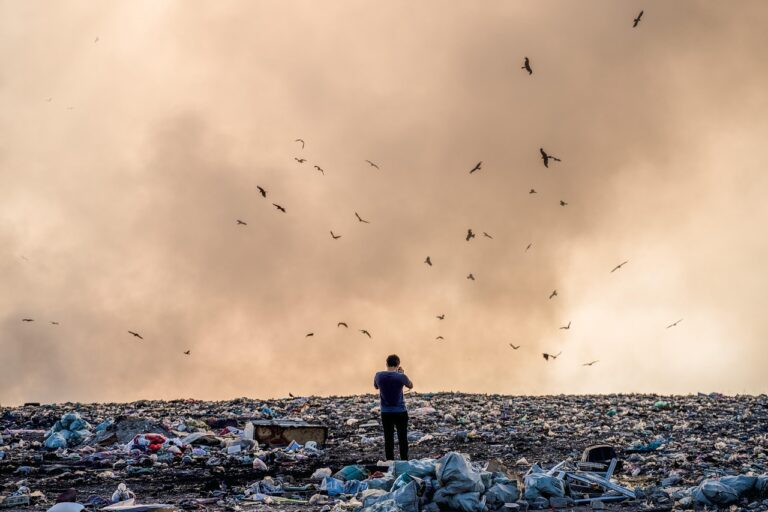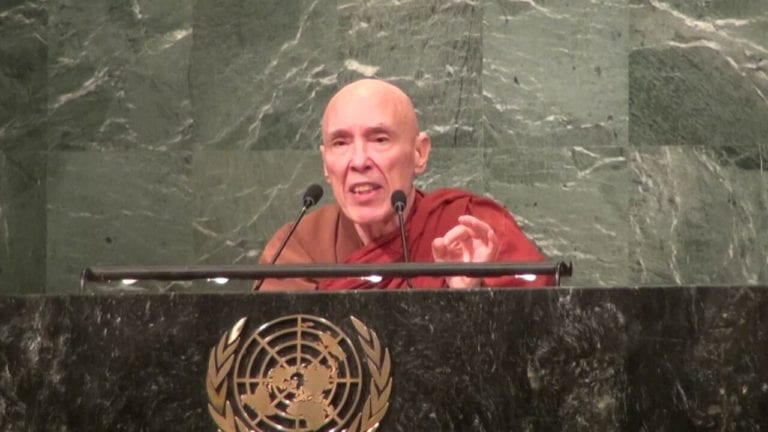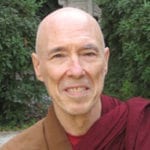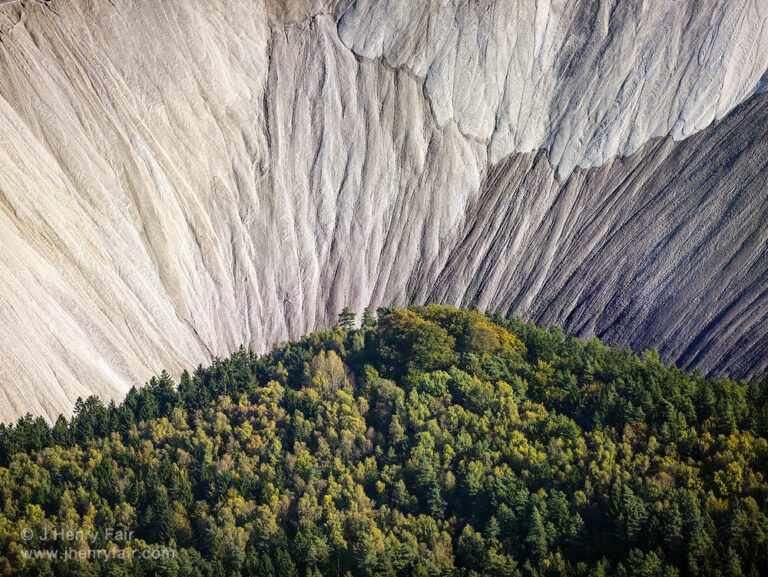Highlights
If we understand the fundamental Buddhist teaching as emphasizing that sense of non-duality, that we’re not separate from the world, it seems to me the ecological crisis at its core is a larger version of the same problem, that we as a species, as a now modern international civilization, that we nonetheless feel that we are separate from the Earth, that the Earth is there as a source of raw materials to be exploited as a dump. But we don’t have this sense of identification with it, we don’t have the sense that we are expressions of the Earth and in so far as we think that our own well-being can be separated from the well-being of the planet, well the whole ecological crisis is really just a refutation of that collective delusion.
Traditionally if we think about the Bodhisattva path it’s mostly been understood on the individual level, individuals helping other individuals. What I think we need to realize today is in order to address the kinds of institutionalized problems we have, we actually have to have much stronger sanghas, much stronger communities, than we have had… the focus on individual transformation isn’t helping to create the kinds of communities that we need. So what I’m suggesting is of the three Treasures, Buddha Dharma Sangha, we have lots of teachers, we have lots of teachings. I mean the literature, the podcasts, etc is huge. But I think where we are weakest is sangha, especially now that Western Buddhism is mostly non-monastic. It’s this constant challenge of how do we create sanghas…. One thing worth adding here is what creates sangha, and basically, it’s doing something together.
All lack projects are always future oriented; they always take us out of the here and now. Right now I have this sense of something missing, something isn’t right, but in the future when I get all the money or all the fame I think I need, then I’ll be okay. Well I think there’s a comparable Collective version of that. I think it’s been our preoccupation with progress which we have used to rationalize a lot of unfortunate destruction of the environment. …When we’re caught up in the future we tend to overlook something really important about the Here and Now. One of the ways that plays out ecologically is how those of us concerned about the ecological crisis tend to bounce back and forth between hope and despair, rather than feeling our grief right here and now, which I think is absolutely essential.
In answer to that query “What should I do?” I think that it’s important to take one’s time to contemplate three questions. Number one: what do I have to offer taking into account everything about my my situation, my health, my skills, my networks, am I retired, what are my other responsibilities. Number two: given what I have to offer, what are the good possibilities for me because there are so many things, so many challenges, we can’t try to do everything. And thirdly, having digested those first two, and this is where I think the meditation becomes important, what tugs at my heart, what do I really want to do and I don’t mean just some kind of ego decision weighing up pros and cons, but getting in touch with something deeper. You could almost say what is it that the Earth wants me to do. I think out of this there can come some realization about where my love really wants to express itself. And those three contemplations could also be done in groups. Discuss and consider them as ways for groups to decide what to do. I think that can be really important now given that Buddhism itself isn’t going to give us the specific answers, but we can use those kinds of Buddhist teachings about meditation to help us come to answer them for ourselves. What a beautiful way of expressing the love you have for the planet.

